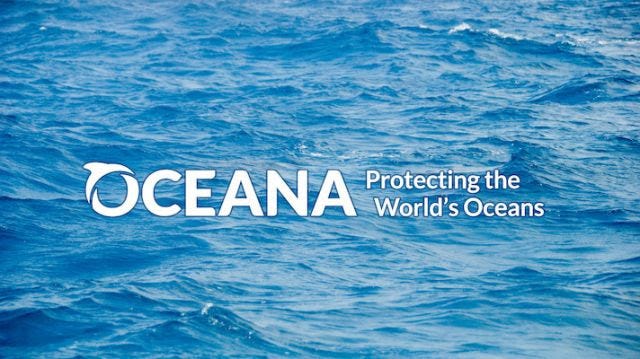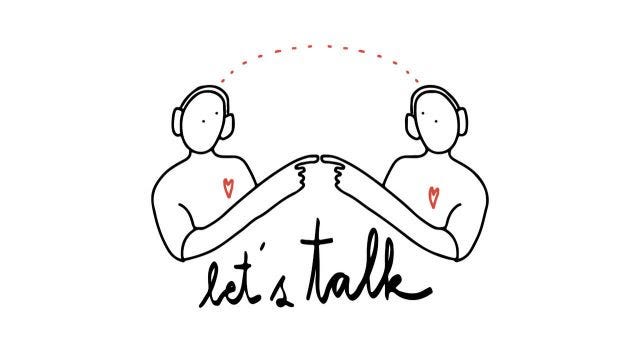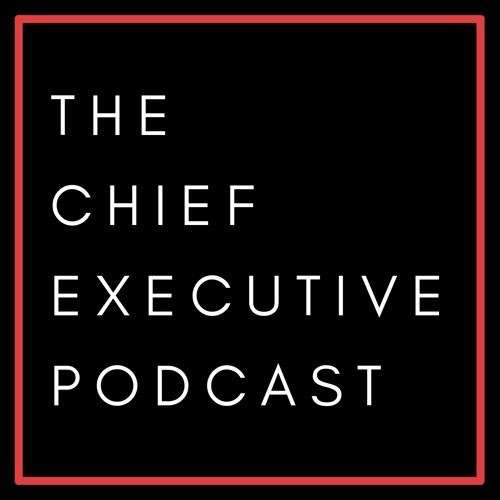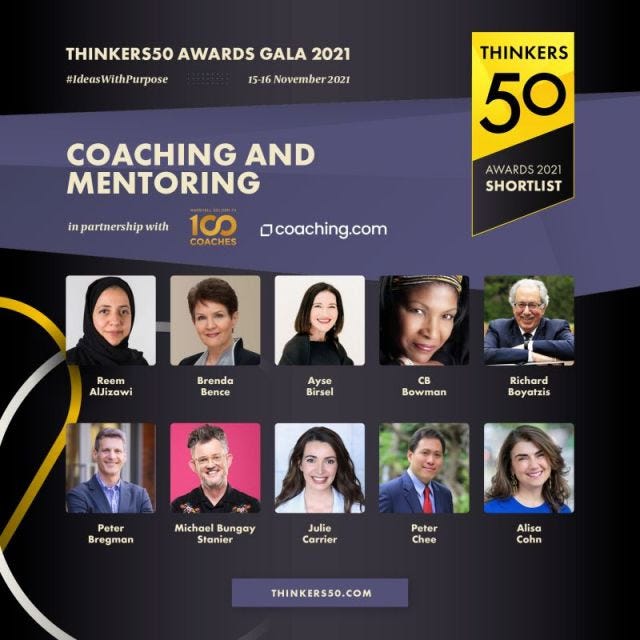Week 21.44 Scuba Diving and Fly Fishing
I've been thinking of different metaphors for life and leadership which led me to think about the difference between two activities that I enjoy, SCUBA diving and fly fishing. Fly fishing is the elegant art of seeking, luring and catching a fish. It is the elegant interplay between hunter and prey, done with the grace and dignity of the fisherman understanding the way the fish moves in the water, studying its habits and moves, to be able to effectively get the fish to take the bait and get hooked. My few experiences of fishing have been a deep connection to nature, to the winds sweeping through the kills, the water rushing down the river, and animals rustling in the brush. And then the strike of the fish on the hook and the fisherman's fight to keep the fish on the hook and reel it in (and then release it back to the wild)
SCUBA diving is the elegant art of joining the environment of the fish. After donning the diving gear, the diver slowly integrates with the environment. First is the feeling of weightlessness that comes from finding a place of neutral buoyancy and the ability to move up or down, side to side, with very little effort. Then, the recognition and slowing of the breath, acknowledging its meditative and life-affirming qualities. Immersed in nature, the diver becomes a new kind of creature, no longer the dominant land mammal, but a visitor into the world of the sea. In most dives, the diver does not disturb what they see, rather, through being a part of the ecosystem, there is an effort to connect with, to marvel at, and to experience life apart from everyday life. Many divers find empathy for the corral reefs, the fish, and the sea from these experiences.
I love fly fishing and understand the joy it brings many people. I understand the grace and elegance of the sport and the talent and technique of those who fish. And I appreciate the camaraderie of floating on a river, the zen of seeking trout, and the thrill of the strike. Nothing against fly fishing. But for life and leadership in our world today, diving provides better lessons.
After the gear, the diver jumps into the water and checks to make sure the gear is properly adjusted, establishes neutral buoyancy, and clears the mask. It is easy in life and leadership to think that we know what is happening when we walk into a room, a meeting, or a zoom call and we just start swimming. Taking the time to adjust to the surroundings, to get our bearings and to make sure everything is working, creates a transition that allows us to be fully present. This is true in groups and also in 1:1 meetings. It's true when you are switching to a new task. One way to accomplish this can be a short meditation at the beginning of a new meeting or task. Whatever you choose, plan a little time to acclimate to the new experience.
After acclimating, give yourself a moment to observe what is going on in the room. In diving, we want to get an understanding of where the reefs are, are there any turtles or unusual fish swimming in the area, are there sharks or predators we need to be aware of. So too in life and leadership. It is only after we have taken the time to immerse that we have the ability to observe. And if we take that little extra time to understand the world we are now in, we can be more effective. We adjust to our surroundings, we determine where we want to go and we anticipate potential problems. We also create space for others to find their place in the ecosystem. Once we are done observing, we will be in a better position to navigate the environment.
After properly immersing and observing, we can learn from divers the art of caring for our ecosystem. Divers know that the undersea ecosystem is fragile, that by disturbing one thing, we disturb many, and that if we don't take care, it will no longer be available. This is true, and less immediately obvious, in life and leadership. Our friends, colleagues, employees, suppliers, and customers are all part of our ecosystem that we need to nurture and care for. We no longer live in an era when we can take anything for granted. Customers can leave quickly, employees have greater mobility than ever. Seeking and caring for our personal and professional world is the only way to maintain our ecosystem over time. As usual, remember that you are also a key part of the ecosystem of you and caring for yourself is critical to maintaining your personal ecosystem.
I cannot wait to get back in the water and go for another dive, I don't get the opportunity nearly as often as I'd like to. But I can apply the principles and experience the tranquility, beauty, and nurturing aspects of diving by bringing it into my everyday experience. If you are a diver and have a similar experience, please share your experiences in the chat. If you have never gone diving imaging these experiences and try this process on in your life. If you are a fly fisherman and have similar experiences, please share them also. We have so much to learn from each experience. Please take what works for you, but do not disturb the ecosystem.
Week 47 of 52 weeks of giving: Oceana, protecting the world's oceans
Oceans cover 71 percent of the planet and are home to important species and ecosystems that we rely on for food, livelihoods, climate regulation and more. But the oceans need our help. Saving the oceans can sometimes feel like an overwhelming task, but if we all pitch in, we can make a big difference. Here are 10 lifestyle choices that – when adopted – can help protect and restore our oceans for future generations. 10 Ways You Can Help Save the Oceans | Oceana
Virtual Tea #82 Creative Playground for Making Friends Wednesdays at 5pm ET
Welcome to Design the Life You Love Virtual Teas by Ayse (Eye-shay) Birsel, nicknamed the Design Evangelista by Mauro Porcini. Join us for an hour of thinking like a designer, about your life and work during the Pandemic Era, every Wednesday, 5 PM ET. Design the Life You Love is inclusive to everyone, from 13 to 90+ years old, no prior creative experience necessary. With that in mind, please feel free to forward this invitation to your friends, who are younger and older. According to our members, all you need to do is tell them it's a cool group of people doing cool stuff together. RSVP
HBR Project Management Handbook. Antonio Nieto-Rodriguez
As the number of projects initiated in both the public and private sectors skyrockets, project management skills have become essential for everyone. Despite this project boom, the failure rate remains notably high. Why? Executives have too many projects and too little visibility into them, and they lack the project implementation competencies necessary to deliver their projects successfully. Project managers have the technical skills, but they often have trouble translating their hands-on know-how up to the leaders'-eye view. With this book, Antonio shares a new way of looking at projects and project management, to help everyone, from executives to managers and young professionals, to be more successful in the Project Economy. HBR Project Management Handbook | Antonio Nieto-Rodriguez (antonionietorodriguez.com)
Chief Executive Podcast with Mark Thompson, this week with Don Weinstein of ADP
Don Weinstein leads the Global Product and Technology at ADP, a company that is rapidly becoming a leading provider in Human Capital Management Solutions. Mark, together with his co-host, Pranay Agrawal, CEO of Fractal, sat down with Don to listen to the emerging technology that helps us better understand, manage, and communicate with employees at every level. Take a listen as Don shares how Human Capital Management has evolved over this last year and grown into a space that is no longer a luxury, but a necessity for business success today. Where you find your podcasts and Don Weinstein| ADP by Mark C. Thompson (soundcloud.com)
The Thinkers50 2021 Coaching and Mentoring Award Longlist
The Marshall Goldsmith Distinguished Achievement Award for Coaching and Mentoring recognizes individuals who make outstanding contributions to the field of executive coaching. The Coaching and Mentoring Award is unique among the Thinkers50 awards because it starts with a long list of 50 nominees, selected via the 100 Coaches network. The longlist will be winnowed down to the eight-person Thinkers50 shortlist, from which the eventual winner is selected. Over the next few weeks, I want to recognize the amazing people who are advancing the world of coaching, leaders, and leadership thinking.
And, as always, thank you, Marshall, for making all of this possible.
With love and gratitude
Scott














